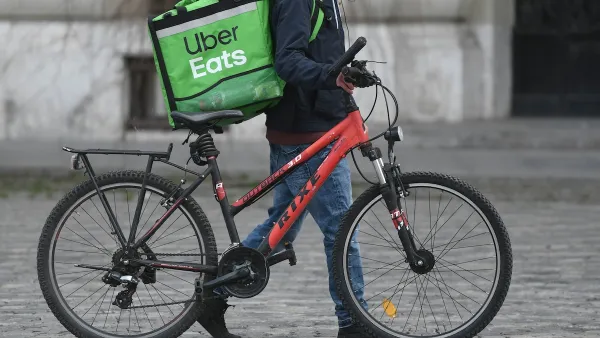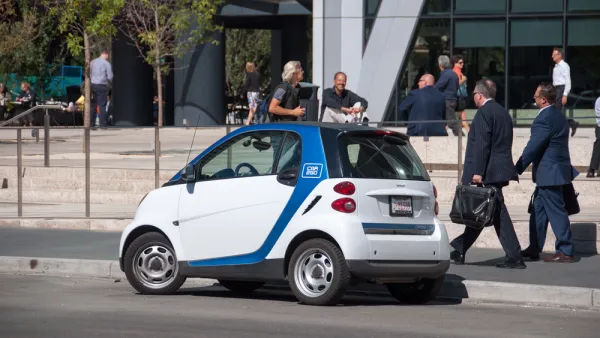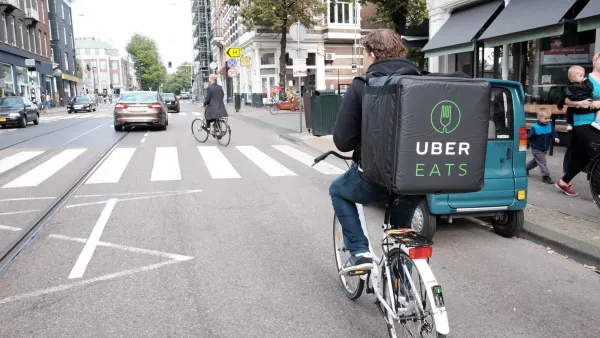Sharing economy companies encourage personal interactions to improve customer satisfaction and trust among users.
Jason Tanz reports on how the sharing economy (Lyft, Uber, etc.) is bringing strangers together in this "new era of Internet-enabled intimacy."
While the internet has challenged the geographically-bound definition of a community and allowed us to connect without being in physical contact with each other, the new wave of sharing economy is increasingly "link[ing] individuals and communities in the physical world." As John Zimmer, the cofounder of Lyft comments: "I think people are craving real human interaction—it’s like an instinct. We now have the opportunity to use technology to help us get there."
Sharing economy companies have gained people's trust in each other by encouraging more "face-to-face" interactions, linking to virtual identities, supervising online activities, and creating an experience where "the commerce feels almost secondary, an afterthought to the human connection that undergirds the entire experience." Encouraging users to meet in person has resulted in "higher satisfaction rates," customers who took better care of each others' properties, "fewer damage claims," and "it made the experience better for both parties."
In this way, sharing economy is bringing back the experience of a "pre-industrial society, when our relationships and identities—social capital, to use the lingo—mattered just as much as the financial capital we had to spend."
FULL STORY: How Airbnb and Lyft Finally Got Americans to Trust Each Other

Analysis: Cybertruck Fatality Rate Far Exceeds That of Ford Pinto
The Tesla Cybertruck was recalled seven times last year.

National Parks Layoffs Will Cause Communities to Lose Billions
Thousands of essential park workers were laid off this week, just before the busy spring break season.

Retro-silient?: America’s First “Eco-burb,” The Woodlands Turns 50
A master-planned community north of Houston offers lessons on green infrastructure and resilient design, but falls short of its founder’s lofty affordability and walkability goals.

Test News Post 1
This is a summary

Analysis: Cybertruck Fatality Rate Far Exceeds That of Ford Pinto
The Tesla Cybertruck was recalled seven times last year.

Test News Headline 46
Test for the image on the front page.
Urban Design for Planners 1: Software Tools
This six-course series explores essential urban design concepts using open source software and equips planners with the tools they need to participate fully in the urban design process.
Planning for Universal Design
Learn the tools for implementing Universal Design in planning regulations.
EMC Planning Group, Inc.
Planetizen
Planetizen
Mpact (formerly Rail~Volution)
Great Falls Development Authority, Inc.
HUDs Office of Policy Development and Research
NYU Wagner Graduate School of Public Service




























